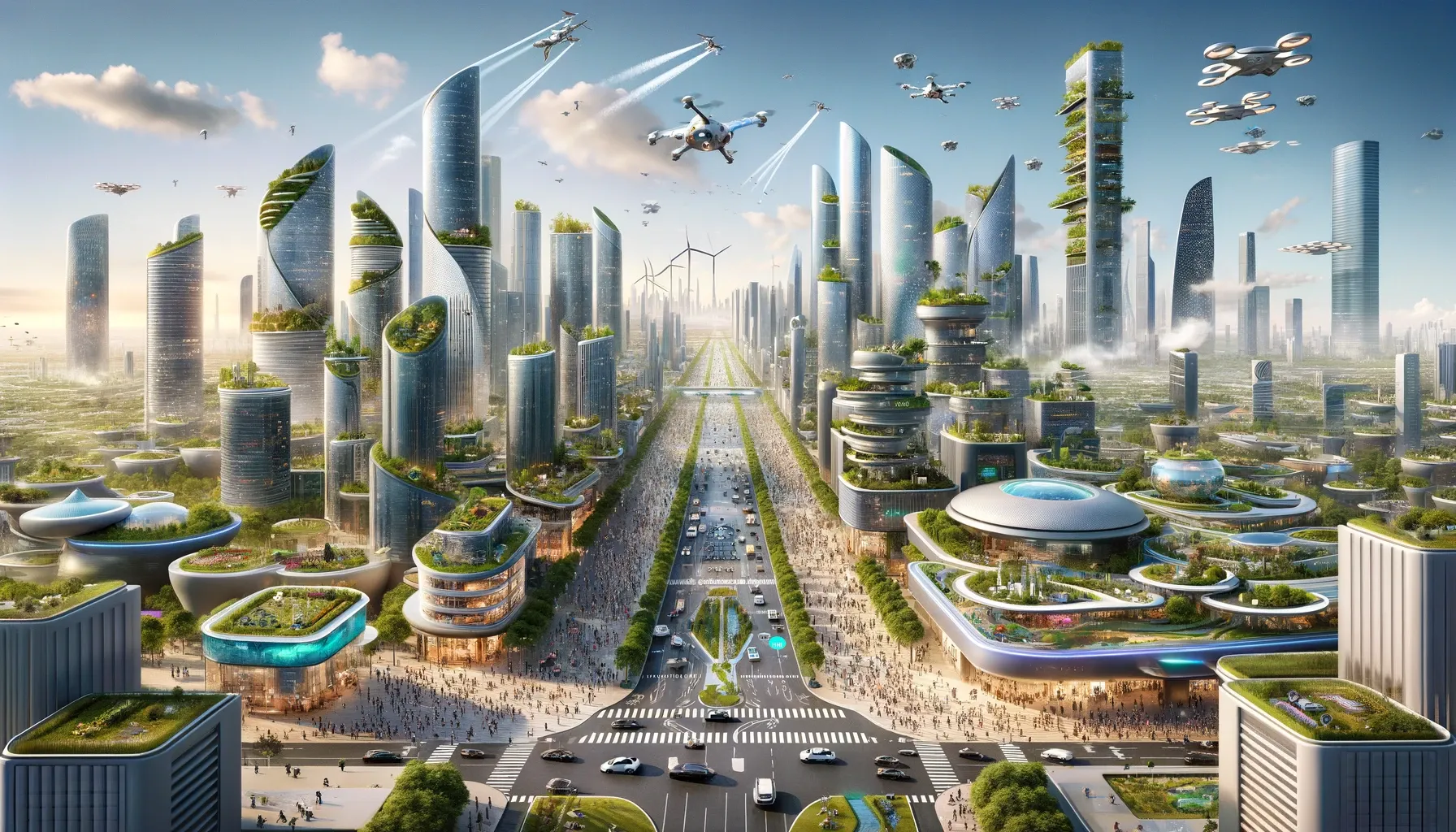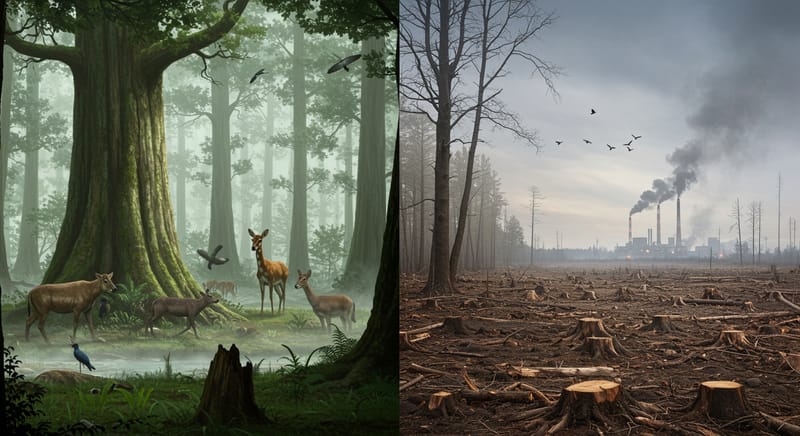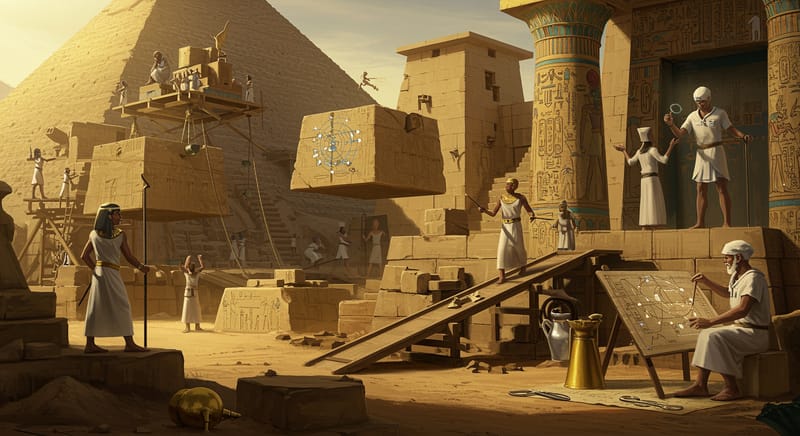The Next Century: A Glimpse into Humanity's Future
As we stand at the cusp of the 21st century, the future of humanity remains an amalgam of uncertainty, hope, and challenge. Over the next 100 years, we are likely to witness transformative changes across various spheres of life, propelled by advancements in technology, shifts in global demographics, and the
As we stand at the cusp of the 21st century, the future of humanity remains an amalgam of uncertainty, hope, and challenge. Over the next 100 years, we are likely to witness transformative changes across various spheres of life, propelled by advancements in technology, shifts in global demographics, and the pressing need to address environmental concerns. This article explores a speculative glimpse into what the future might hold for humanity, spanning technological innovations, societal shifts, environmental strategies, and the evolution of global governance.
The technological landscape of the future is poised to be dominated by artificial intelligence (AI), quantum computing, and biotechnology. AI, evolving beyond its current capabilities, is expected to become deeply integrated into everyday life, enhancing personal and professional tasks with efficiency previously unimaginable. Quantum computing promises to revolutionize industries by solving complex problems in seconds, impacting everything from drug discovery to climate modeling. Meanwhile, biotechnology is set to advance human health and longevity, potentially eradicating many diseases and possibly extending the human lifespan significantly.
Demographically, the world is expected to see significant changes, with aging populations in developed nations and youthful demographics in developing countries. This shift could lead to new dynamics in labor markets, education systems, and urban development. Moreover, the future could herald a more inclusive society where technology enables better integration of differently-abled individuals and promotes equality. However, such transitions also pose challenges, including managing resource allocation and ensuring equitable access to opportunities.
In the face of climate change, the next 100 years will critically determine humanity's ability to sustain its home planet. Renewable energy technologies like solar, wind, and geothermal are expected to become more efficient and affordable, potentially leading to a decarbonized global economy. Innovations in carbon capture and storage could further mitigate the impacts of existing greenhouse gas emissions. Moreover, advances in agricultural technology may enable more sustainable food production, reducing the strain on natural ecosystems and ensuring food security for a growing global population.
As global challenges become increasingly complex and interconnected, the need for cooperative global governance mechanisms is likely to become more pronounced. Issues such as cyber security, space exploration, and AI ethics will require unprecedented levels of international collaboration. Speaking of space, the next century could mark the era of humanity becoming a multi-planetary species, with potential human settlements on the Moon, Mars, and beyond. This not only offers a backup plan for humanity but also opens up new realms for scientific discovery and economic opportunity.
Predicting the future is inherently speculative, yet it offers a canvas to envision the potential pathways for humanity. The next 100 years promise a journey filled with innovation and discovery but also challenge us to address the ethical, environmental, and social implications of our advancements. As we navigate this uncertain but exciting future, the collective human spirit, fueled by curiosity and resilience, will be our guiding star. By embracing change, fostering inclusivity, and prioritizing sustainability, we can aspire to a future that not only transcends our current limitations but also honors our shared responsibility to our planet and each other.





